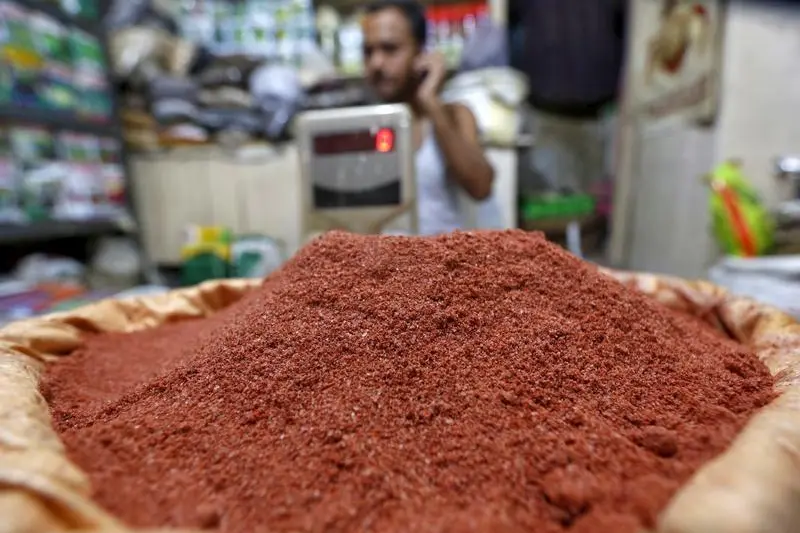PHOTO
MOSCOW- Belarus Potash Company (BPC), the exporting arm of state potash producer Belaruskali, said on Tuesday that Western sanctions on Belaruskali would lead to an increase in global potash prices and reduced availability of the crop nutrient.
Washington on Monday blacklisted Belaruskali, one of Belarus' largest state-owned enterprises and one of the world's largest producers of potash, and imposed other punitive measures against Belarusian leader Alexander Lukashenko.
The U.S. sanctions do not include BPC, whose supplies account for 20% of global potash trade. Belaruskali owns a 48% stake in BPC and the rest belongs to other state firms.
"The impact of the sanctions is difficult to assess at this point in time. But what is certain is that they will lead to higher potash prices and its lower availability on the global market," BPC said.
"We are examining the decisions taken in detail. BPC will make every effort to fulfil its obligations to its partners within the current legal framework," it added.
BPC ships potash mainly to China, India and Brazil and competes with Canada's Nutrien and Mosaic among others.
"Although the U.S. makes up no more than 10% of Belaruskali's revenues, the cross sanctions threat might squeeze Belaruskali's markets even more," analysts at VTB Capital said in a note, referring to potential fears among firms that deal with Belaruskali that they could face U.S sanctions.
VTB Capital expects the U.S. sanctions to have limited impact on both of the firms for now, but add to nervousness on an already tight potash market.
A senior Indian industry official involved in import negotiations, who declined to be named, said they did not expect any impact in the short-term.
"We have signed potash imports contracts earlier this year and those are unlikely to be affected by the sanctions," the official said.
The official said potash could also be sourced from Russia, Canada, Germany or Israel if need be.
(Reporting by Polina Devitt and Rajendra Jadhav in Mumbai Writing by Tom Balmforth Editing by Kirsten Donovan and Mark Potter) ((Tom.Balmforth@thomsonreuters.com))





















